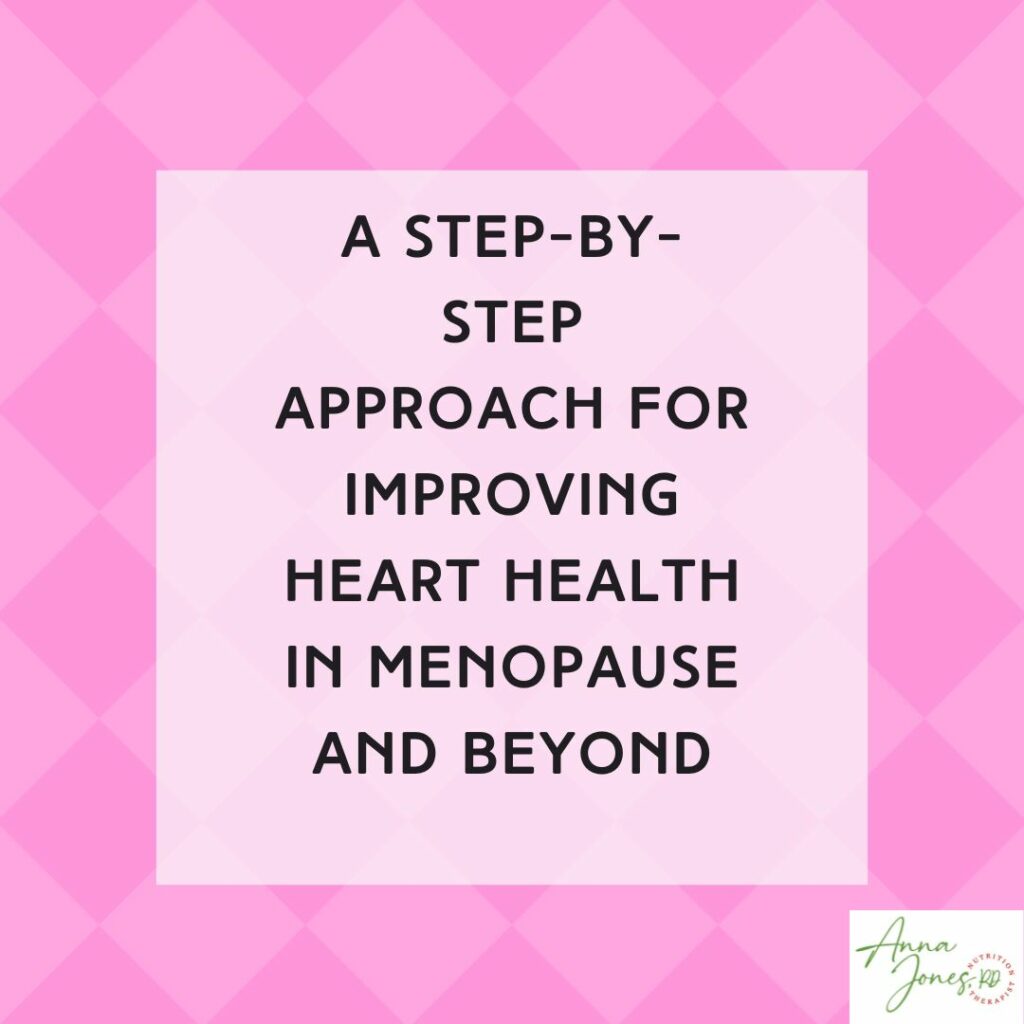
The month of October is World Menopause Awareness Month and October 18th is Menopause Awareness Day. The purpose of the day is to raise awareness of menopause and the support options available for improving health and wellbeing for women in this phase of life.
It is fascinating to me how much misinformation, lack of information, fear, and shame surround such a normal process that all women’s bodies go through. This shame has made menopause a taboo topic and one that women are reluctant to seek care for.
Who says that it is anything to be ashamed of?! It is a perfectly natural part of aging and being a woman. By talking about it and bringing awareness to it we can break the shame that surrounds it.
As I personally am turning 50 on October 19th (so strange…I swear I was just turning 18! ) and begin to experience signs and symptoms of the menopause transition I am becoming more and more passionate about learning how to personally be well and feel well through this phase and help other women do the same.
A Quick Primer on Menopause
Menopause is a normal process of aging that happens officially 12 months after monthly menstruation ceases altogether. Ovaries produce the hormones estrogen and progesterone, which regulate the menstrual cycle. A hormonal imbalance occurs due to a decrease in the production of estrogen and progesterone.
Prior to official menopause, women experience perimenopause, a transition period when estrogen and progesterone levels begin to decline. Perimenopause can last between eight and ten years and every single woman’s experience through it is different. It usually begins between the ages of 45 and 55, and the average age is 51. Some women experience debilitating symptoms and others barely notice they are going through it. Some common symptoms include: irregular periods, hot flashes, insomnia, mood swings, fat redistribution – especially around the belly, as well as osteoporosis.
Menopause and Heart Health
The theme for this year’s World Menopause Month and Day is Cardiovascular Disease. Cardiovascular, or heart disease, is the number one cause of death and disability in women and it is on the rise.
A focus on heart health is particularly important for women in the menopausal phase of life as women’s risk during this time goes up. Declining estrogen levels that naturally occur during menopause bring about menopause symptoms, as well as contributing to an increased risk of cardiovascular disease.
Why does heart disease risk change in perimenopause and menopause?
Estrogen, the hormone that naturally declines during this phase of life, is thought to be cardioprotective – meaning it protects your heart against developing cardiovascular disease. With menopause, and the decline of estrogen levels some cardioprotective effects are lost, increasing the risk of cardiovascular disease.
Some increase in heart disease risk is a natural part of aging in people of all genders. As we age, blood vessels stiffen which can increase the likelihood of experiencing high blood pressure, a risk factor for cardiovascular disease.
Lifestyle choices and behaviors can also contribute to risk of heart disease. A poor-quality diet, sedentary lifestyle, excessive alcohol intake and smoking, and increased stress levels can all contribute towards developing cardiovascular disease.
A Step by Step Approach for Improving Heart Health in Menopause and Beyond
Instead of focusing on what we can’t or shouldn’t do, it is far more effective to focus on the things we CAN do to improve our health. There are many things that women can do during this phase of life to feel better in and about their bodies and improve heart and overall health. Here are a few:
1. Make Positive Shifts in Your Eating
As is true throughout life, studies have found that nutrition is important in menopausal stages and can impact hormonal health. A way of eating that includes beneficial foods can help women in perimenopause and menopause feel better, it can also reduce the risk of other key health issues that relate to menopause – cardiovascular disease and osteoporosis.
According to DukeHealth.org, some foods to eat more of include:
- Foods rich in vitamin D and calcium sources (tofu, sardines, beans, fortified cereals and orange juice, cow milk or plant-based milk, and green leafy vegetables like kale, collard greens, and spinach).
- Fruits & vegetables of all varieties and colors, whole grains, beans, peas, nuts, and seeds.
- Omega 3 fatty acids foods such as tuna, mackerel, or plant-sourced flax seeds.
- Fiber found in whole grain bread, brown rice, oats and oatmeal, beans, nuts and fruits and vegetables. Fiber helps control blood sugars, positively impacts cardiovascular and digestive health, and makes us feel fuller longer.
- Meeting daily protein requirements. (The RDA – recommended daily allowance, the minimum recommended value to maintain basic nutritional requirements is 0.36 grams per pound body weight, but as we get older we may need closer to 0.5. So for a 190 pound person the recommended range of of protein per day would be 68-95 grams.)
- Estrogen mimicking agents such as apples, broccoli, almonds, lentils, chickpeas, and soybeans.
2. Learn More About Hormone Replacement Therapy
There is a significant amount of evidence that supports hormone replacement therapy (HRT) as a means to reducing women’s heart disease risk through the menopausal transition. For many women, HRT can be transformational in relieving symptoms and improving quality of life. “We have evidence that hormone therapy can prevent heart disease, hip fractures, and osteoporosis, and that it cuts the risk of developing diabetes by 30% in younger women,” says Shelley R. Salpeter, MD, a clinical professor of medicine at Stanford University’s School of Medicine. Ask your health care provider about their expertise in this area or for a referral if needed.
3. Move Your Body in Enjoyable Ways
Regular movement can support heart health by controlling blood pressure and cholesterol levels. Moving our bodies is also helpful in relieving stress and positively impacts emotional and mental health. Finding ways to move that you actually enjoy and making movement about improving mental and physical health instead of about burning calories can help create consistency. Read more here about shifting your mindset around movement.
4. Know Your Numbers
Getting regular lab work done in order to identify and treat medical risks is super important during this phase of life. Blood pressure, blood sugar, and cholesterol levels are some specifically related to heart health and overall health. Specific to menopause, having your FSH and Estradiol checked as well as your thyroid hormones can give you and a healthcare provider knowledgeable about perimenopause and menopause vital and helpful information. Knowing these numbers creates awareness so that you can begin to make decisions about lifestyle changes and medications that can help.
5. Learn Ways to Manage Stress and Emotions
There are so many things happening for women in midlife that can create a lot of stress and a rollercoaster of emotions. Managing stress and emotions around our jobs, family, kids growing up, relationships, in addition to the symptoms and body changes associated with menopause can be a lot to handle. There are tools that can help. In my work with clients, I help women navigate and cope with stress and emotions that very often impact our relationship with food and our bodies. A qualified therapist can also be a vital resource during this time. You don’t have to navigate it alone.
Wrap-Up
Women often prioritize everyone else’s needs, health, and care over their own. One of the best ways to manage and cope with the menopause transition is by turning some of that care and concern towards ourselves. Given how significantly menopause can affect the long-term health of women, it is essential that women are equipped with information, support and evidence-based treatments that meet their specific needs. Remember, menopause is not a disease or anything to feel shame around, or something to just muscle through. Instead, is a natural transition from one phase of life to the next that often requires support. Don’t be afraid to ask for help if you need it.

0 Comments